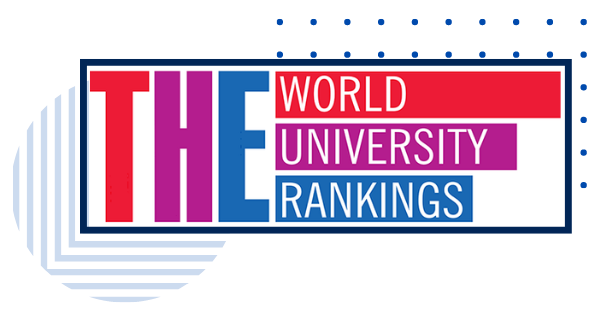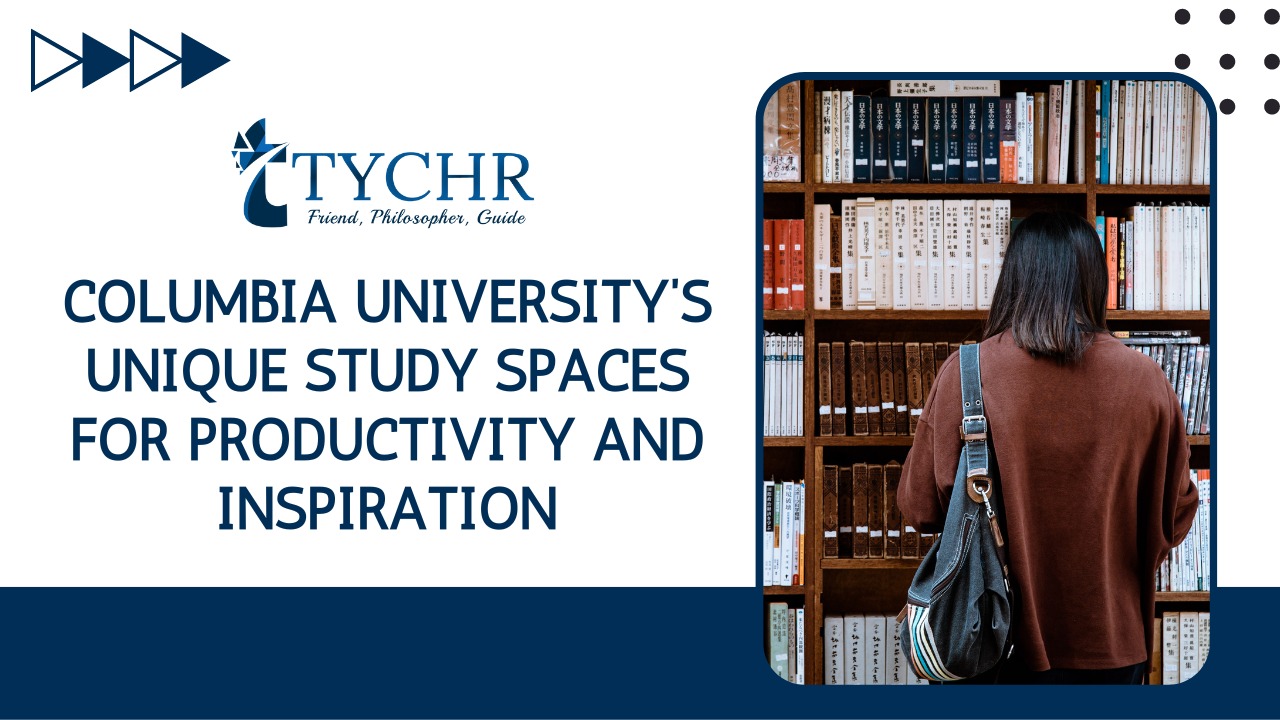About Columbia University
Founded in 1754, Columbia is a private Ivy League research university located in New York City, New York. It is known for its strengths in journalism, law, and business, and has produced numerous Pulitzer Prize winners, Supreme Court justices, and business leaders. Columbia has a student body of around 33,000, and its alumni have founded numerous successful companies, including IBM and Goldman Sachs.
Acceptance Rate
Overall: 4%
Early: 10.3%
Tychr Student: 32%
US News Ranking
#18
Student-faculty Ratio
6:1
Number of Applications
61,110
Undergraduate Programs
90
Download our Successful College Application Guide
Our Guide is written by counselors from Cambridge University for colleges like MIT and other Ivy League colleges.
To join our college counseling program, call at +918825012255

Rankings

#18
US News

#22
QS World

#11
The World Rankings
Admissions Overview
Application Deadlines
Early Decision: Nov. 1
Regular Decision: Jan. 1
Common App
Accepted
Class Rank
Considered
SAT/ACT
Optional
Recommendation Letters
2 Teacher Recommendations
TOEFL, IELTS, or Duolingo
Required for International Students
Popular Majors

Computer Science
Computer Science is a field that encompasses the study of computer systems, software development, and computational problem-solving. Students learn programming languages, algorithms, data structures, and computer architecture. Graduates with a degree in Computer Science are well-equipped for careers in software engineering, data analysis, artificial intelligence, and various technology industries.

Economics
Economics is the study of how societies allocate resources to meet their needs and wants. Students in this field analyze topics such as production, consumption, market behavior, and economic policies. Economics graduates find employment opportunities in finance, consulting, government agencies, research organizations, and more.

Political Science and Government
Political Science and Government involve the study of political systems, institutions, and policies. Students explore topics like international relations, political theory, comparative politics, and public administration. Graduates can pursue careers in government, law, public policy, international organizations, advocacy, and diplomacy.

History
History is the study of past events, societies, and human experiences. Students delve into different periods and regions, examining primary sources, interpreting historical narratives, and analyzing historical context. History graduates often pursue careers in education, research, archival work, journalism, museums, and cultural heritage organizations.

Social Sciences
Social Sciences encompass a broad range of disciplines, including sociology, anthropology, psychology, and more. Students in this field explore human behavior, social structures, cultural diversity, and societal issues. Graduates with a degree in Social Sciences can work in research, non-profit organizations, policy analysis, human resources, and social services.

Research and Experimental Psychology
Research and Experimental Psychology focuses on understanding human behavior and mental processes through scientific methods. Students study topics such as cognitive psychology, social psychology, neuroscience, and psychological research methods. Graduates often pursue careers in academia, research institutions, mental health services, and human resources.
Interested in applying to Columbia?
Speak with one of our experts today.
FAQs
To apply for student housing at Columbia University, you need to accept the offer of admission and activate your Columbia UNI. Then, create an account on the Housing Portal using your UNI and University ID number. Submit your housing application through the portal and wait for further instructions regarding your Housing Selection appointment.
The Guide to Living is a comprehensive resource created by Columbia Undergraduate Housing and Residential Life in collaboration with other campus partners. It provides important information and guidelines for students residing in Housing-owned or operated residence halls or brownstones.
Yes, Columbia University offers a diverse range of graduate programs across multiple schools, including the Graduate School of Arts and Sciences, the School of Engineering and Applied Science, and the School of International and Public Affairs.
Columbia College and the undergraduate division of the School of Engineering and Applied Sciences do not offer academic, athletic, or talent-based institutional scholarships. All financial aid administered by the university’s office is need-based
For the Class of 2027, the middle 50% range of SAT scores was 1500-1570, and the middle 50% range of ACT scores was 34-36.
For the 2022-2023 academic year, the estimated total cost of attendance for undergraduate students at Columbia University is $80,364, including tuition, fees, room, and board.
To estimate your financial aid eligibility at Columbia University, you can use the university’s Net Price Calculator, which provides an estimate of the financial aid your family may be eligible for.
Columbia University requires applicants to have completed four years of English literature and composition, four years of mathematics (including calculus, unless already completed), four years of laboratory science (with one year each of biology, chemistry, and physics), four years of social studies, and three to four years of a foreign language.
Approximately 50% of undergraduate students in Columbia College and the School of Engineering and Applied Sciences receive financial aid. All financial aid administered by the university’s office is need-based. Students are welcome to pursue outside scholarships as well
Columbia University is often compared to other top-tier universities, such as NYU. While both schools offer excellent academic programs, there are some differences. Columbia University has a lower acceptance rate of 3.7% for the Class of 2026, compared to NYU’s 12.2% acceptance rate for the same year. It is generally considered more selective than NYU. However, when choosing a college, it is important for students to consider their individual needs, goals, and preferences to make an informed decision that aligns with their aspirations.





